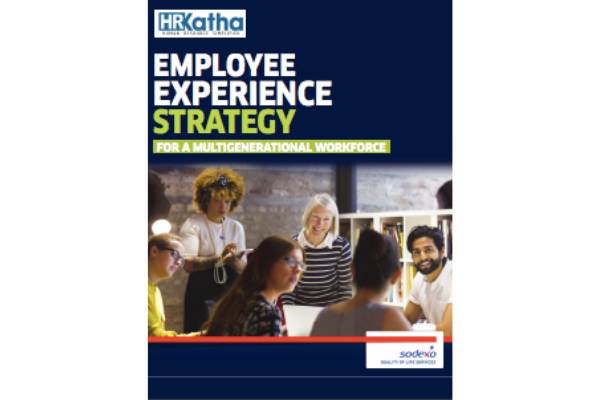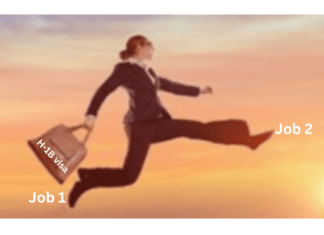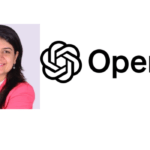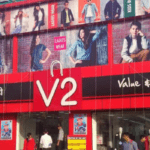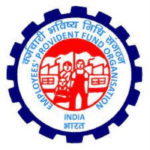The workforce is changing rapidly because of the widening gap between the four generations working under one roof. While organisations are preparing themselves to welcome the youngest lot— the fourth generation or Gen Z— into the workforce, they have to be equally sensitive towards the unique needs and characteristics of the others, such as the Baby Boomers, Gen X and Millennials.
Born after 1995, Gen Z have held digital gadgets since birth and are empowered with information/content in their hands like no other generation before them. Since their numbers are increasing at the workplace, paradigms around leadership are changing as well.
Business leaders are facing unique and new demands to modify employee-engagement practices. Moreover, they are responsible for handling the man-machine interface, even while keeping the company on the fast lane of success.
There is a famous saying in business, ‘culture eats strategy for breakfast’. Inspired from a book written by Peter Drucker, the psychology behind this statement is that culture is not an enemy of strategy or business. Rather, culture needs business to turn it into competitive success.
The same has been established in a recent study by Deloitte in its, ‘2019 Global Human Trends’ report, which says that organisations must reinvent themselves on a broad scale. This includes interacting with and motivating employees, and personalising employee experiences for the workforce.
Business leaders are re-shaping the workplace culture by skilling and reskilling the talent pools, in addition to bridging the generational gap in the workforce. Since talent is at the fulcrum of business goals, the management is focusing on designing employee experiences for a multi-generational workforce, to leverage people and technology for the achievement of orgaisational goals.
HRKatha interviewed CHROs from multiple industries to collate their intelligence on the subject of a multi-generational workforce. These leaders— Aarif Aziz, CHRO, Diageo; Aniruddha Panchal, CHRO, Hubergroup; Gajendra Chandel, former CHRO, Tata Motors; Ravi Kyran, CHRO, Bajaj Auto and Saba Adil, chief people officer, Aegon Life Insurance— have shared their insights on how they are innovating and designing employee-engagement practices, leveraging technology and disrupting reward and recognition in their organisations, around a multi-generational workforce to create a growth culture.
A treasure of knowledge is available in this HRKatha whitepaper, in association with Sodexo.
The white paper titled ‘Employee Experience Strategy for a Multi-Generational Workforce’ attempts to decode the multigenerational workforce and what it takes to create an effective employee experience strategy. It promises to be beneficial to all those leaders seeking inspiration to create a culture at the workplace that fosters growth and keeps employees contented.
Download the whitepaper.
Value our content... contribute towards our growth. Even a small contribution a month would be of great help for us.
Since eight years, we have been serving the industry through daily news and stories. Our content is free for all and we plan to keep it that way.
Support HRKatha. Pay Here (All it takes is a minute)





